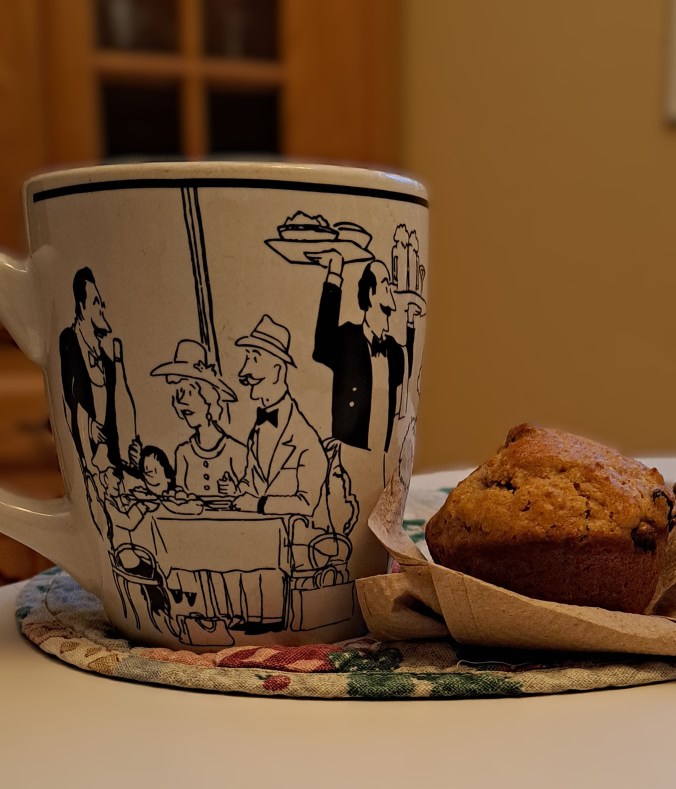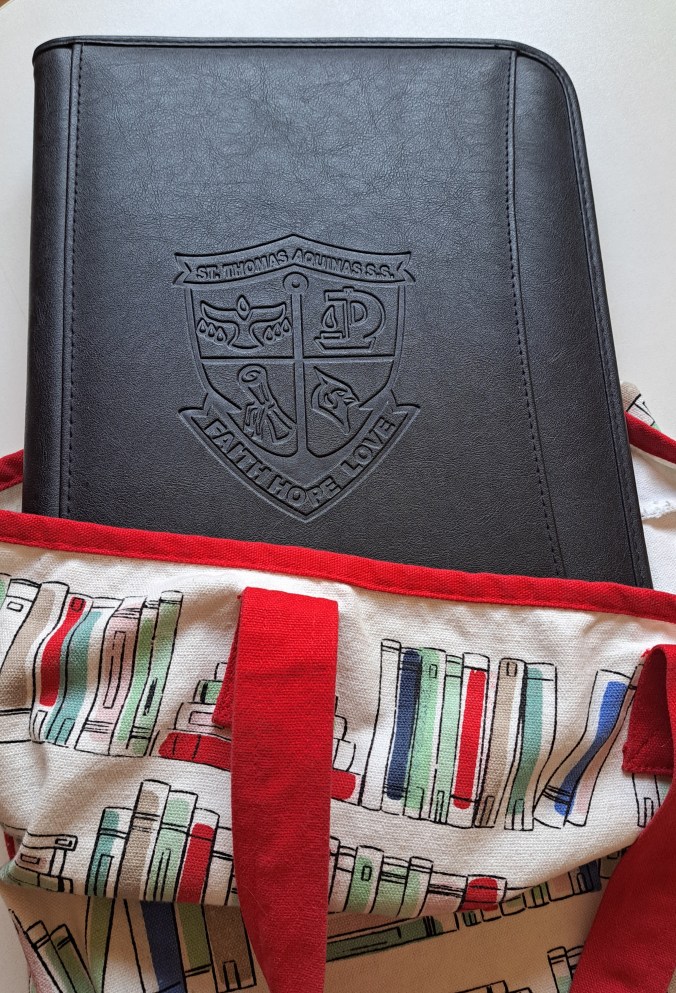I wrote this reflection a couple of years ago for my previous blog, mariasmind. I have updated it a little and included some photos and images. Our caregiving journey continues. It is never static; as our mother’s physical and mental health slowly changes, so does our response to it. Ideally, we want to be proactive – one step ahead – but that is often easier said than done. However, we persevere. Also, our lives separate from caregiving are an ever-evolving balancing act. Small steps . . .

“It was the best of times, it was the worst of times, . . . it was the spring of hope, it was the winter of despair” (Dickens 1). A Tale of Two Cities, is set in London and Paris and is a story of the French Revolution, a societal upheaval. The novel begins with paradoxes. They are an apt summary of my state of mind during this turbulent, prolonged time of unwanted, unanticipated change for most of us. This phase of my life – retiring abruptly to assume full-time caregiving coincided with the abrupt changes introduced and enforced in early 2020. The change I am referring to, is of course, the scariest phase of Covid, which resulted in the enforced isolation of many seniors, including my mother, in order to keep them safe.

I feel a whirlpool, a spectrum, a contradiction of emotions, mostly in the early mornings when I am more alert and less tired. I am most optimistic then, over a coffee and bran muffin, about being able to sustain my caregiving expectations while slowly fitting into place, like a challenging jigsaw puzzle, the new pieces of my life in retirement. However, I am also, too often, on the verge of tears. More than four years after retiring from teaching, I’m still working on getting the pieces of my life to fit together in a way that is sustainable and true to who I am. I still have coffee and a homemade bran muffin for breakfast, but I have started working part-time and pulling back from on-site caregiving. In other words, some things have stayed the same, but in order to avoid drowning, we are enlarging our caregiving support network in order to stay afloat.

It is really hard to inject any humour and yet write honestly about this caregiving journey. One of my triggers with my mother is her occasional self-pity, yet I worry that my writing has that tone. I also worry that I hide behind a writing style that disguises my struggle to keep my emotions under control. For example, I have lately become aware that one of the main reasons why I have a difficult time being positive and calm with my mother and when talking to others about my caregiving responsibilities is that it bothers me to be in my mother’s house for hours at a time. I have been remembering how eager I was to leave my parents’ home 40 years ago. My relief to return to my home every day has lately reminded me of the calm I felt back then, being away from the emotional pull of unpleasant memories, expectations and resentments.

Some days it’s really difficult to keep in mind, but I have learned a lot during the past 18 months about sustainable caregiving that is sensitive to our mother’s needs and priorities. It is a tough ongoing adjustment, exacerbated by pandemic anxieties, restrictions and their impact on family communication, unity of purpose and expectations. Resilience, proactive organization, and being alert – carrying my mother’s full mug to her rather than her risking a spill and possible fall – are required to consistently, and reasonably competently, cope with what needs to be done: managing my mother’s finances and appointments, housekeeping tasks (meals, laundry and cleaning), and trying to alleviate her chronic worries and depression. I know, based on my experience with my father’s illness and the aftermath of his death, that in order to have peace of mind afterwards, I need to feel that I did my best. A critically important benefit of this caregiving phase is that I am finally getting to know my mother as a complex person – the product of her family relationships and her life’s hardships and tragedies – rather than the romanticized simplistic narrative of her as mostly a hard-working, sacrificing woman.


For my sister and me, our mother’s primary caregivers, it has meant prioritizing clear, supportive communication among family members, especially our siblings, and building and sustaining a caregiving team. Both of us manage our own households, my sister also works full-time, and I commute for two hours in heavy traffic most days, so professional home care and family help to substitute for or supplement us is essential to avoid burnout. To keep exhaustion from overwhelming us, we have reached out to the grandchildren – two of them have been able to join the caregiving team – and kind PSWs to lighten our load. We have strategically arranged the help so that we can have a little time off during each week to spend with our own families and try to maintain and grow our other interests and activities.

Our elderly mother continues to live in her home, which has added to our caregiving responsibilities; not only are we caring for her, we are also attempting to maintain some continuity in the way she managed her home and other priorities. Our mother lived frugally, as many of her generation did, creating delicious meals and stocking her freezer from the generous output of her garden. Her perennial garden is still a visual pleasure as she looks out from her recliner, or her veranda when the weather permits. Throughout her adult life, she competently handled her finances. She socialized through her church and nurtured her friendships. We have divided most of her responsibilities and priorities among us. My mother has had to compromise and adapt herself in several areas of her life; I now manage her banking and bill payments online – she no longer has an updated bank book – but I reassure her about the status of her account by reviewing it with her a couple of times a month. We are also doing our best to create and supply her with our own versions of delicious, nutritious meals. Of course, Covid and its accompanying restrictions, as well as her declining health, have drastically reduced the number of places and people we can visit. The telephone and the computer, which allows us to virtually explore my mother’s interests, have helped her to remain safe and stay somewhat interested and connected.

Some of what we have learned has been in reaction to our deepening understanding of our mother’s physical health and state of mind. However, we are also trying to be proactive; we worry that, for our physical and mental health, our time and energy commitments are unsustainable, so we are increasingly aware that it must be a team effort. Communicating effectively and often is key. We share our evolving understanding of our mother’s health, how each of us, given our circumstances, can contribute, and how we are feeling and coping with our role in her care. I am a firm believer in complaining, venting, as long as it leads to some form of helpful change.

By trying to focus on the positive aspects of our caregiving journey, I can see that compromises and consistent communication, often in small steps, have been key to avoiding complete exhaustion for my sister and me. 18 months later, I am also aware that talking and writing about the positives and the negatives have made it a little easier to deal with the paradoxes, the topsy-turvyness of my emotions, during this challenging time.





Leave a Reply